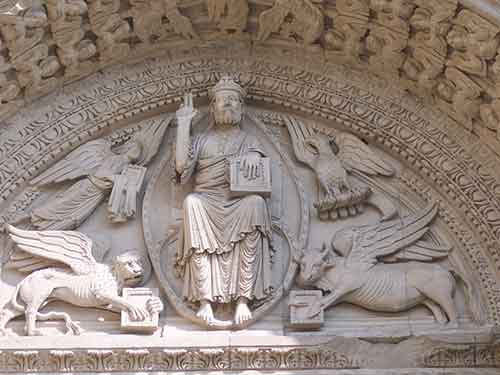
The church’s new year begins on Advent Sunday, November 29. In the three year lectionary, the focus is on St Mark’s Gospel.
In your community, and in your own life, has planning been underway how to best make use of this year’s lectionary? It is just plain stubbornly irritating, especially if your denomination (like mine) has agreed we will together use the lectionary, to abandon it for a “teaching series” on the letter to the Galatians in 2021, for example, when the lectionary wonderfully provides for such a series in 2022.
It is just as irritatingly obstinate should such a pastor or community next year do a series on the letter to the Ephesians early in 2021, abandoning the series the lectionary sets for us all from July 11 to August 22. Plan!
Ordinary time* begins (Northern Winter; Southern Summer) with the second reading being semicontinuously from 1 Corinthians (starting on January 17; pausing before Lent on February 14) – that continues with the second letter to the Corinthians (beginning after the Easter Season on June 6) on into July 4.
From Ash Wednesday through the Day of Pentecost there are several readings from John supplementing Mark. [And again, through late July and August].
During the season of Easter, semicontinuous selections are read from the First letter of John.
Ordinary Time after Pentecost (Northern Summer & Autumn; Southern Winter & Spring) has semicontinuous readings working through 1 and 2 Samuel and then 1 Kings – what Christians call “historical books” but which Jews call Nevi’im or prophets. The other set of readings is selected from throughout the Hebrew Scriptures for their association with the gospel of the day. The second readings are semicontinuous selections from 2 Corinthians, Ephesians, James, and Hebrews.
As usual, the final Sundays in Ordinary Time focus on eschatological themes and the reign of Christ.
If you have not been using the three year Revised Common Lectionary, might this be your year to begin? Especially if you have agreed, vowed, and signed that this is what you will do (as I have)! If you have been reducing the number of readings provided, might this be the year to lessen a bit of your own stuff, and gather, as a community, around the fuller provision of three readings and a psalm.
The devil, Screwtape, rejoices that the vicar
has undermined many a soul’s Christianity. His conduct of the services is also admirable. In order to spare the laity all “difficulties” he has deserted both the lectionary and the appointed psalms and now, without noticing it, revolves endlessly round the little treadmill of his fifteen favourite psalms and twenty favourite lessons. We are thus safe from the danger that any truth not already familiar to him and to his flock should ever reach them through Scripture. The Screwtape Letters Chapter XVI C.S. Lewis
This is not some clarion call for liturgical rubrical fundamentalism! This is an invitation and challenge. Liturgy, worship is not, should not be, the personal possession of the pastor. It is the common prayer of us all. Laity are not just consumers of the pastor’s provision! Of course there will be (rare) contexts when the set readings are just not appropriate for that particular service. Of course there will be (rare) contexts where cutting the readings back to two and a psalm is the best decision. But, looking around churches that have abandoned their agreement and construct their own reading system, I have yet to see one of them which improves on what we have agreed to.
image source
Arles, the church of St. Trophime – tympanum. The west portal presents the story of the Apocalypse. Christ is seated in majesty with the symbols of the Evangelists around him; the angel of St. Matthew, the lion of St. Mark, the bull of St. Luke, and the eagle of St. John.
*by “Ordinary Time”, I don’t mean NZ Anglican’s odd starting with “5th Sunday in Ordinary Time” which appears out of nowhere on 7 February. I mean, Ordinary Time that begins after the Baptism of Christ, with the first Ordinary week beginning with that feast (January 10).


